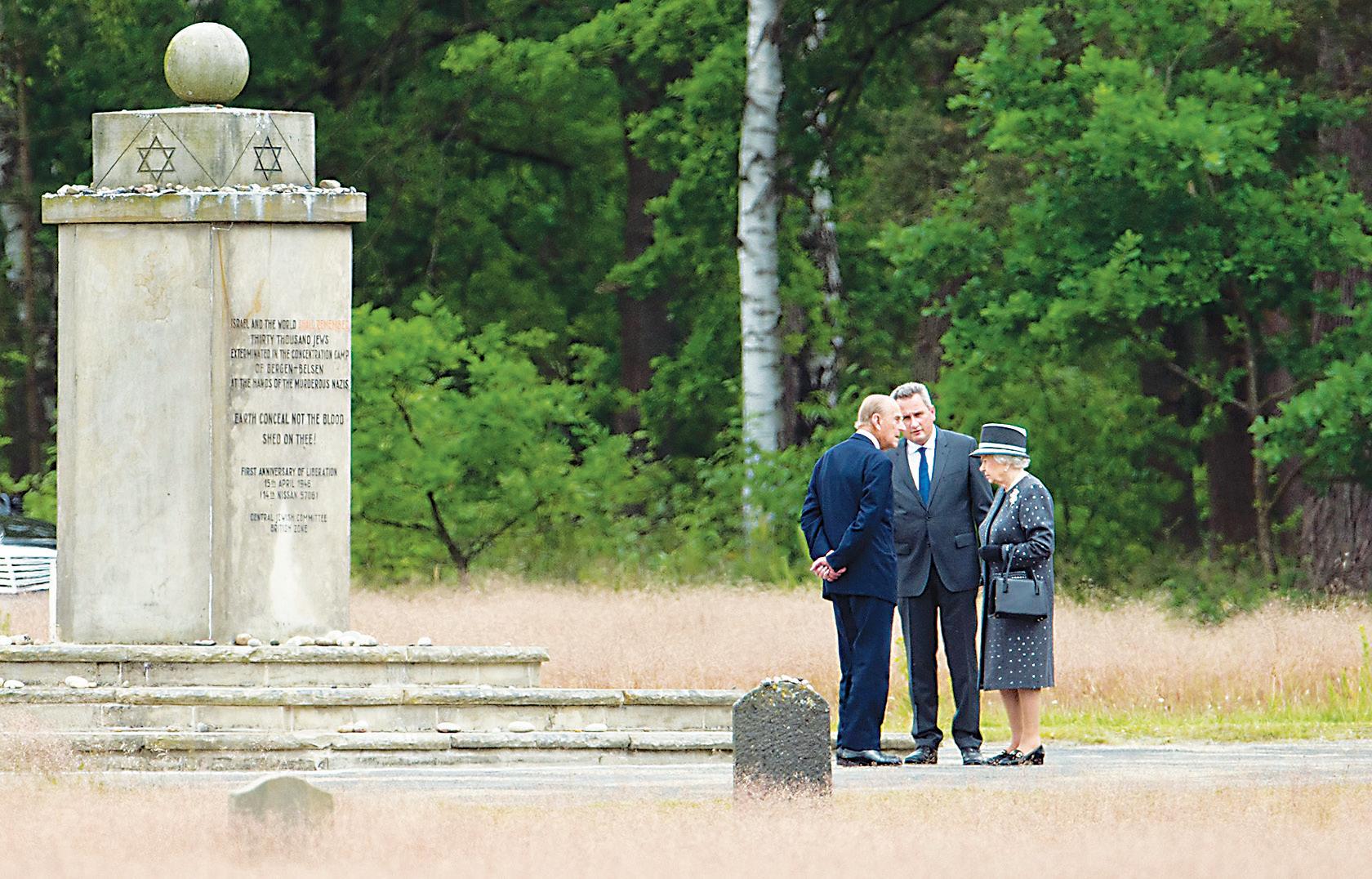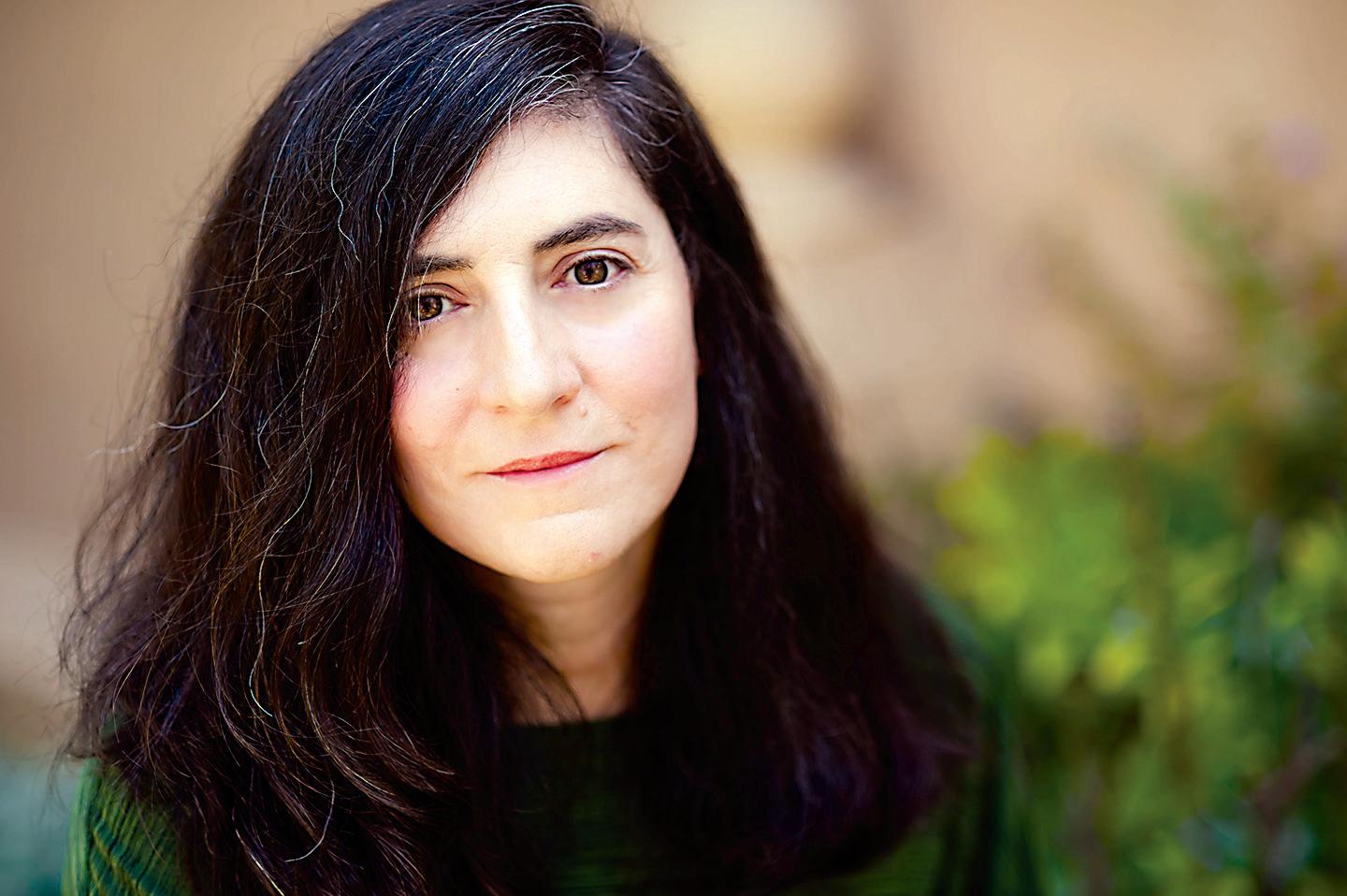
3 minute read
What Queen Elizabeth meant to a British Jew like me
JEREMY HAVARDI | JTA
The death of Queen Elizabeth II after 70 years on the throne is a devastating loss for Britain, the Commonwealth and the free world. It is hard to overstate the sense of grief that will be felt at her passing, including from within the Anglo-Jewish community.
Advertisement
I was brought up in a typical liberal Jewish family that showed a healthy respect for the queen, and the royal family more widely. I recall marching down the Mall in London for the 60th anniversary of VE Day and catching a sight of our monarch on the steps of Buckingham Palace. Like other British Jews, I also remember hearing the prayer for the royal family which was, and is, a feature of every Shabbat service.
For Anglo-Jewry, the queen was a rock and mainstay of her nation, a constant, familiar and reassuring presence amid the turbulence of both domestic and international crises. Indeed, she became such a fixture in British life that she created the illusion that she would always carry on as head of state. Of course, no one is immortal. But the queen etched herself so deeply into her country’s story that she became emblematic of its very character, the unspoken essence of modern Britain. She was truly the matriarch of the nation. The queen was unlike political heads of state. She was not a polarizing figure
Instead, she united her nation by becoming a symbol of its most enduring and cherished values. What she brought to her role was an old-fashioned sense of duty and loyalty, reflecting the vow that she made in 1947 to live a life of service, no matter how long or short it lasted. Her values were those of an older Britain, a nation framed by a Christian ethos in which self mattered less than duty and obligation trumped personal ambition.
Those values had resonance for British Jews service. They recognized that the queen’s tireless devotion to her nation was an example of tikkun olam at its finest. The queen never compromised her fidelity to those values and conducted herself at all times with dignity, decency and propriety. If only one could say the same about today’s leaders.
Above all, she was a steadfast symbol of old-fashioned calm and stoicism in an age when the stiff upper lip was being assailed as quaint and harmful. It was that facet of her character, her ability to show coolness and fortitude despite crisis and sadness, that endeared her to millions of her countrymen and women. In her own life, those sad episodes included the breakdown of her children’s marriages, the death of Princess Diana, the fallout caused by the disillusionment of Prince Harry and his wife with the monarchy, and, above all, the loss of her beloved husband, Prince Philip. Yet her belief in
ANDREA HODOS |

When I spoke recently at a conference on fighting antisemitism, I offered up one practical suggestion that might have surprised attendees: “I hope you’ll watch ‘Mo’ on Netflix.”
I was on a panel called “Combating Hate Through Coalition Building” and I was making the point that when we are building coalitions and calling on others to understand what is at stake for our community, reciprocity is essential: we must be willing to explore and understand what is at stake for others. For Jewish Americans who don’t (yet) know any Palestinian Americans, the new Netflix series “Mo,” created by Mo Amer, presents a wonderful starting place to understand a Palestinian American’s experience — on his own terms.
There is a human tendency to see members of one’s own community as individuals who are part of a highly differentiated whole. Think about all the kinds of Jews you know – religious Jews, very religious Jews, secular Jews, rightwing, left-wing, Ashkenazi, Mizrahi, Jews of color. Given the diversity of the Jewish community, right about now you’re probably thinking of Jews I haven’t mentioned yet. And of course, each of these categories can be broken down with finer distinctions.
Just as there is a natural capacity to identify variation in our own communities, there is a tendency to perceive other communities as monoliths when we don’t have much proximity or exposure to individuals from those communities. This is especially true when there’s history between us.
I was invited to this panel because of my work building resilient relationships between Muslims and Jews. Each year in Los Angeles, we bring a diverse group of Muslims together with a diverse group of Jews to build authentic relationships, strengthen listening and communication skills and collaborate in a meaningful way. We understand that conflict is natural and inevitable, but when we work to understand one another’s histories and what is at stake for each of us, conflict is not intractable. Daedra Staten, of SCG Diversity Consultants, reminds our group each year that we break biased thinking when we are exposed to the specifics of people’s stories, especially when we expose more than one counter example. There are things you can do to challenge and stretch your own perspectives. Watching the specific and nuanced story of Mo Najjar’s family unfold over eight









